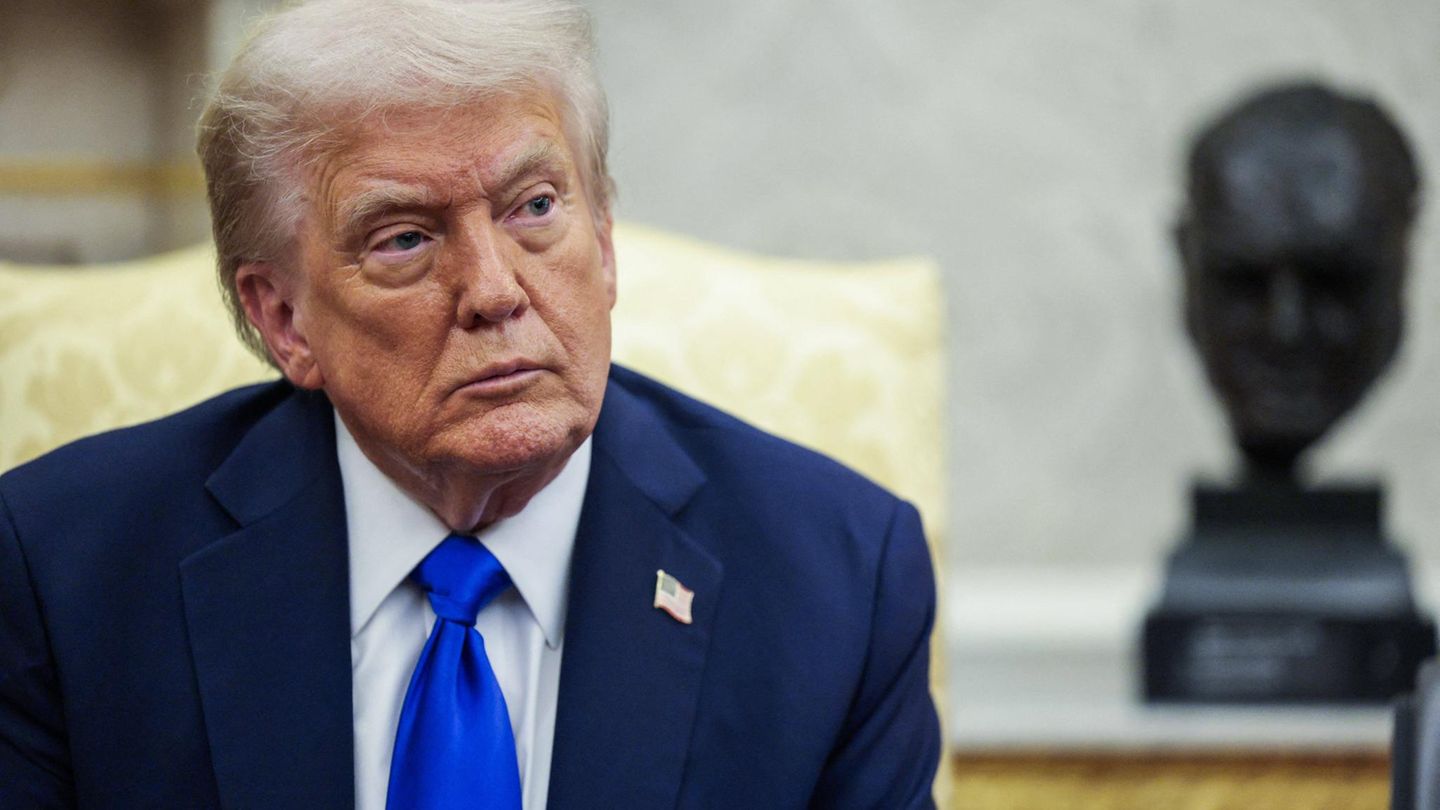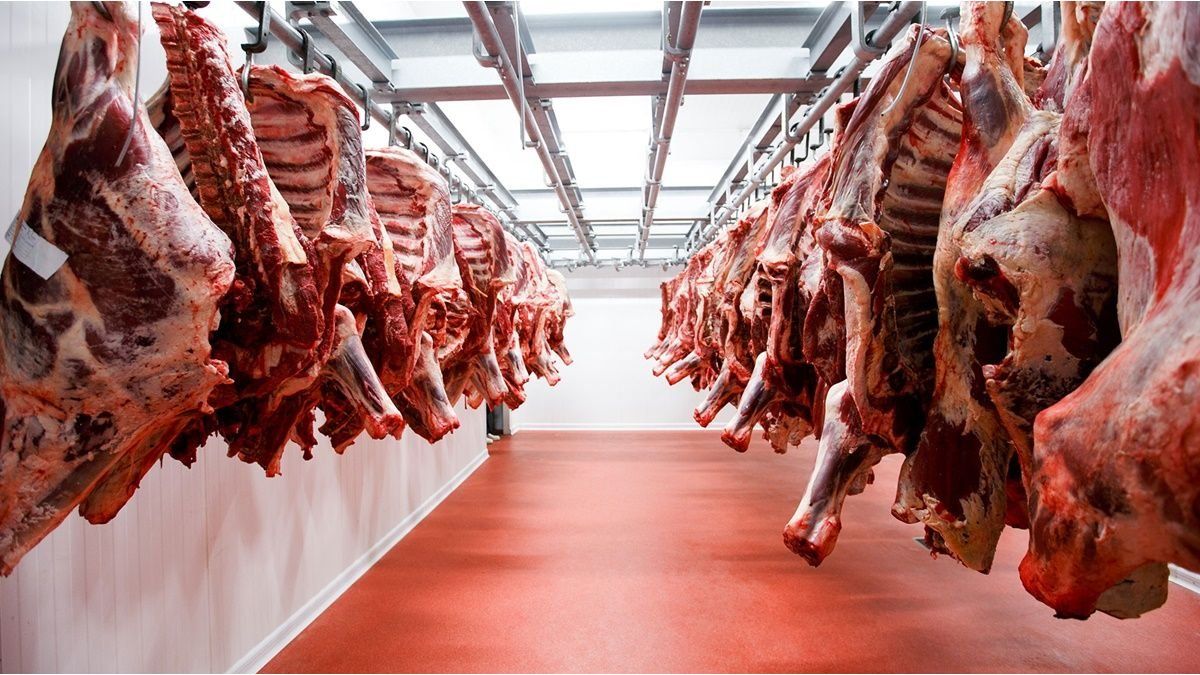Technical regulations, customs duties or subsidies restrict free trade worldwide. Export-oriented mechanical engineering is feeling the effects of this.
Increasing trade barriers are making business difficult for European mechanical and plant engineering companies outside the European Union (EU).
According to a study published on Wednesday by the University of St. Gallen on behalf of the Association of German Machine and Plant Manufacturers (VDMA), around 80 percent of industry exports worldwide encounter customs barriers, state-subsidized competitive products or state export promotion measures from third countries.
The picture is frightening for the entire European industry, said Ulrich Ackermann, Head of VDMA Foreign Trade, at the presentation of the study in Brussels. “The gradual build-up of trade barriers costs jobs and prosperity.” The EU must do everything in its power to secure further free trade agreements, for example with the states of the South American economic alliance Mercosur or India.
Many factors make the business difficult
According to the study, the disputes between China and the USA, the corona pandemic and national industrial policies have led to trade barriers being strengthened or rebuilt in recent years. By far the largest share (73 percent) is made up of state export promotion measures in mechanical and plant engineering. In addition, many local competitors received direct subsidies.
“At the beginning of this year, around half of all European machine exports to China, India and the USA were affected by subsidy hurdles, which manifested themselves in the United States, for example, in the form of direct support measures and government tax breaks,” explained Ackermann. So-called technical barriers to trade, such as technical regulations, also impede business. According to the study, the requirements in the USA, China, Canada and Brazil are particularly high. Classic customs duties play a lesser role in mechanical and plant engineering.
However, according to the study, the EU is also increasingly isolating itself, especially from Asia, by means of technical trade barriers. “The sophisticated technical regulation in the EU acts like a trade barrier for machine exporters from third countries,” analyzed Ackermann.
Source: Stern
Jane Stock is a technology author, who has written for 24 Hours World. She writes about the latest in technology news and trends, and is always on the lookout for new and innovative ways to improve his audience’s experience.




